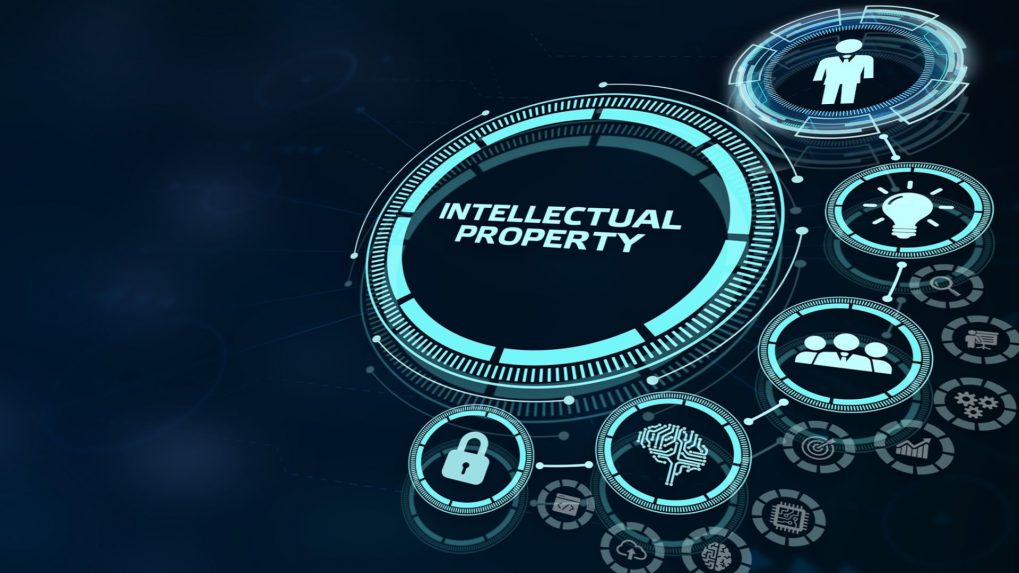Why IP is the new ‘Gold’ in entertainment
The Media & Entertainment sector has undergone a significant revolution in India where the artists, who have established a reputation out of their body of work have also been at the receiving end of their work and personality rights being violated. Storyboard18 deep dives into why IP or intellectual property rights is not a requirement but a necessity for the industry.
ADVERTISEMENT
For decades, Indian film stars, musicians, and performers have built reputations that transcend their industries. But in an era where digital manipulation and viral sharing are rampant, their likenesses have also become increasingly vulnerable to exploitation.
Two weeks ago, the Madras High Court directed Meta Platforms and Telegram to take down three fake Facebook accounts and 11 Telegram channels that were misusing the photographs and videos of Bharatanatyam dancer and choreographer Anita Ratnam. Deepfake audio clips of her voice, according to The Hindu, were also used in fraudulent investment schemes.
Such incidents have pushed some of India’s most prominent entertainers into courtrooms, seeking protection of what lawyers call their personality rights.
Legal Battles Over Identity
In March, the Bombay High Court sided with filmmaker Karan Johar, refusing to allow the release of a film titled Shaadi ke Director Karan Aur Johar. The court found that the title infringed on Johar’s privacy and brand value.
Actor Jackie Shroff followed a similar path last year, petitioning for protection of his name, image, voice, and even his signature style of dialogue delivery. His case echoed earlier victories by actors Amitabh Bachchan and Anil Kapoor, who in 2022 and 2023 won Delhi High Court orders preventing the commercial misuse of their personas.
The judiciary’s willingness to intervene reflects a growing recognition of the commercial and reputational value attached to celebrity identities. “Protection of intellectual property (IP) rights is critically important in the entertainment industry,” said Germaine Pereira, a partner at Solomon & Co., Advocates & Solicitors.
What Counts as Intellectual Property?
Intellectual property encompasses intangible assets ranging from patents and trademarks to copyrights and design rights. Patents protect novel inventions; trademarks signal the origin of goods; and design rights safeguard the non-functional appearance of products. Copyright applies to literary, musical, dramatic, and artistic works, including films and sound recordings. Geographical Indications (GIs), meanwhile, link products to their place of origin.
India also extends IP protections to plant varieties under the 2001 Act and to semiconductor integrated circuit layouts, Pereira noted.
Without such protections, she said, “original content can be easily copied or distributed without permission, which further leads to discouraging investment and innovation.” Legal safeguards ensure that “artists, producers, and creators can maintain control over their work and receive financial benefits.”
A Mixed Record in Court
The courts have frequently sided with creators. In 2019, the Delhi High Court restrained the unauthorized use of a copyrighted Marathi song, Dhagala Lagli, in the film Dream Girl, protecting the rights of music company Saregama India Ltd.
Similarly, in 2014, superstar Rajinikanth successfully blocked the release of Main Hoon Rajinikanth, arguing that the film unlawfully exploited his name, likeness, and signature style. The Madras High Court ruled in his favor, reinforcing the principle that celebrity images cannot be used without consent.
But victories are not guaranteed. In 2017, cricketer Gautam Gambhir lost a case against a Delhi restaurant that used the tagline “By Gautam Gambhir.” The court found no evidence of deception or misrepresentation.
Applying for Protection
In India, each category of IP is governed by its own legislation, with dedicated portals for filing applications. Patents, trademarks, and designs can be registered at ipindia.nic.in, while copyrights are handled at copyright.gov.in.
The process is detailed: artistic works must be uploaded in PDF or JPG formats; sound recordings in MP3; and software or literary works in PDFs of less than 10 megabytes. Licensing offers one path to commercialize IP, though rules vary. Patents and designs can be licensed for royalties, while trademarks require registration of licensees as “registered users.”
The Stakes for the Entertainment Industry
Without protection, the risks are clear: reputational damage, brand dilution, privacy violations, and lost income from unauthorized commercial use.
For India’s entertainment industry, Pereira said, IP rights are “gold.” In an age of deepfakes, viral distribution, and AI-powered content generation, the battle to protect celebrity identity is likely to intensify — in courtrooms and beyond.
Read More: Battle for identity: Growing concerns over personality rights in an AI-driven digital age

